Saw a 35mm screening at Metrograph, the tail-end of a Hal Hartley retrospective. It’s definitely in the top ten film prints I’ve ever seen. Absolutely immaculate, vibrant. I had no idea there was so much color in this film (an interesting red, white, and blue palette, the colors of pure American suburbia). According to the theater, this was a “new 35mm print from the Chicago Film Society.” Not sure how many generations away this print was from the original negative—nevertheless it’s definitely the best presentation Trust is ever going to get.
Some shots benefited greatly from seeing them on the big screen. In retrospect, my typically faultless 27” monitor, on which I saw this film for the first time a few weeks ago, definitely didn’t do Hartley and Spiller’s cinematography justice. For example when Maria is trying on that pink top in front of a mirror. Her profile is lit, but her reflection is in complete darkness. As she turns around to look at herself, there’s a slow push in, so small I didn’t notice it before. Then far back in the sound mix we hear the echoes of her parents and boyfriend, just a whisper, tightening in on the shadowy reflection in the mirror. There’s a very soft touch to every movement, both camera and character. Razor-thin depth of field in most of the close-ups with smooth fall off. It’s such a stark contrast with the sharp wit of the screenwriting. For instance, when Maria and Matthew are talking at the top of the stairs and nearly kiss—a tender, bare moment of two lost people coming together—interrupted when Maria asks him to give her his hand grenade (which, you would know if you’ve seen the film, Matthew carries with him). It’s not like Baumbach’s style, for example, where the characters are aware they are witty and often use it as a defense mechanism. Instead it’s a naturally occurring phenomenon within the worlds Hartley has built for his films. Worlds just adjacent to the one we live in. At first, Hartley’s writing and direction might seem a bit acidic in its dry humor—I find it wonderfully honest.
My initial assessment (which I posted on Letterboxd) remains and applies to the rest of Hartley’s filmography (of which I’ve seen the major works): “a Bresson-Lynch-Cassavetes(and/or Leigh) mutant baby.” Although, with such varied influences, it’s really just a Hartley mutant baby.
Street Address
City, State, Zip
Phone Number
This is Raymond Zrike’s website.
Your Custom Text Here




